There’s a hadith in Sahih Bukhari (1904) and Sahih Muslim (1151) that says,” Allah said: Every deed of the son of Adam is for him, except fasting; it is for Me, and I will reward it.” But what if you’re ill, traveling, or too elderly and can’t fast? Or you break your fast due to any mistakes, such as drinking, intimacy, or doing it willingly for no valid reasons.
In either case, you must pay the Fidya Kaffarah for compensation. These are two forms of charity that the person has to pay if they leaves or breaks the fast. But how much should one pay for Fidya and Kaffarah? What’s the difference between them?
The Fidya and the Kaffarah are the two ways of compensation for leaving the fast or breaking it without any valid reasons. If you leave your fast due to being ill, too elderly, or having any long-term health issue and can’t make up the fasts after the month, then you need to pay Fidya for it. In it, you need to feed one person.
If you break your fast due to intimacy, drinking, or for any not-so-valid reason knowingly, then you pay Kaffarah for not fasting. The compensation for it is to fast for 60 days or feed up to 60 poor people with a good meal.
Both are valid forms of charity that you need to pay for, depending on which category you fall into. By paying these compensations for your lost fasts, you maintain a spiritual balance and also replace your fasts with good charity deeds that will save you on the day of judgment from the wrath of Allah Almighty.
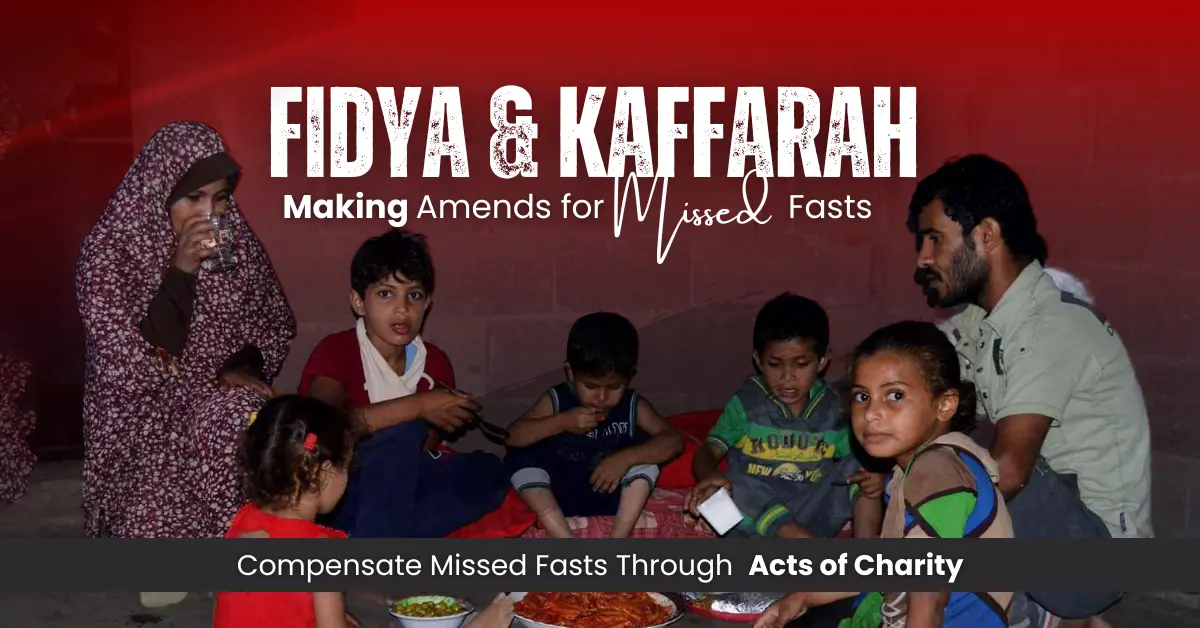
Paying the Fidya and the Kaffarah is essential in Islam as it:
If you’re a Canadian, the Fidya is only $10, which is enough to feed one person a one-time meal. If you want to pay the Roza Kaffarah, you need to feed up to 60 people, meaning $10 × 60, which equals $600.
The following are the eligible people for the Ramadan Kaffarah and also the Fidya in Canada.
You can pay your Fidya or Kaffarah to the following people:
Missed your fasts or broke them for drinking, intimacy, or without any valid reason? Human Concern is here to help you fulfill your Fidya in Canada and the Kaffarah by providing meals and medical assistance to needy people.
Nothing can be a better way to compensate for your lost fasts than feeding poor people, whose pain was the purpose behind the whole concept of Ramadan. Turn your compensation into an act of kindness and save lives by feeding the poor. Donate today!

When you’re not able to fast due to any chronic illness or permanent conditions like age, then you need to pay the Fidya as compensation. You can pay the Fidya any time, but it’s advised to pay it during Ramadan.
Fidya is given by providing food or its value in money to the poor and needy. You can also pay Fidya to us online, as we feed poor families and help them throughout Ramadan with your donations.
If you break your fast without a valid reason, illness, or travel, you need to pay the kaffarah for the compensation. It’s either too fast for 60 days or feeding up to 60 poor people.
Yes, if you can’t make up for your lost fasts after Ramadan, you need to pay the Roza Fidya as it’s a serious penalty. However, if you could make up the fasts later, which is called Qada(make-up fasts), then you don’t need to pay Fidya.

Provide relief to families and children ravaged by hunger in crisis communities
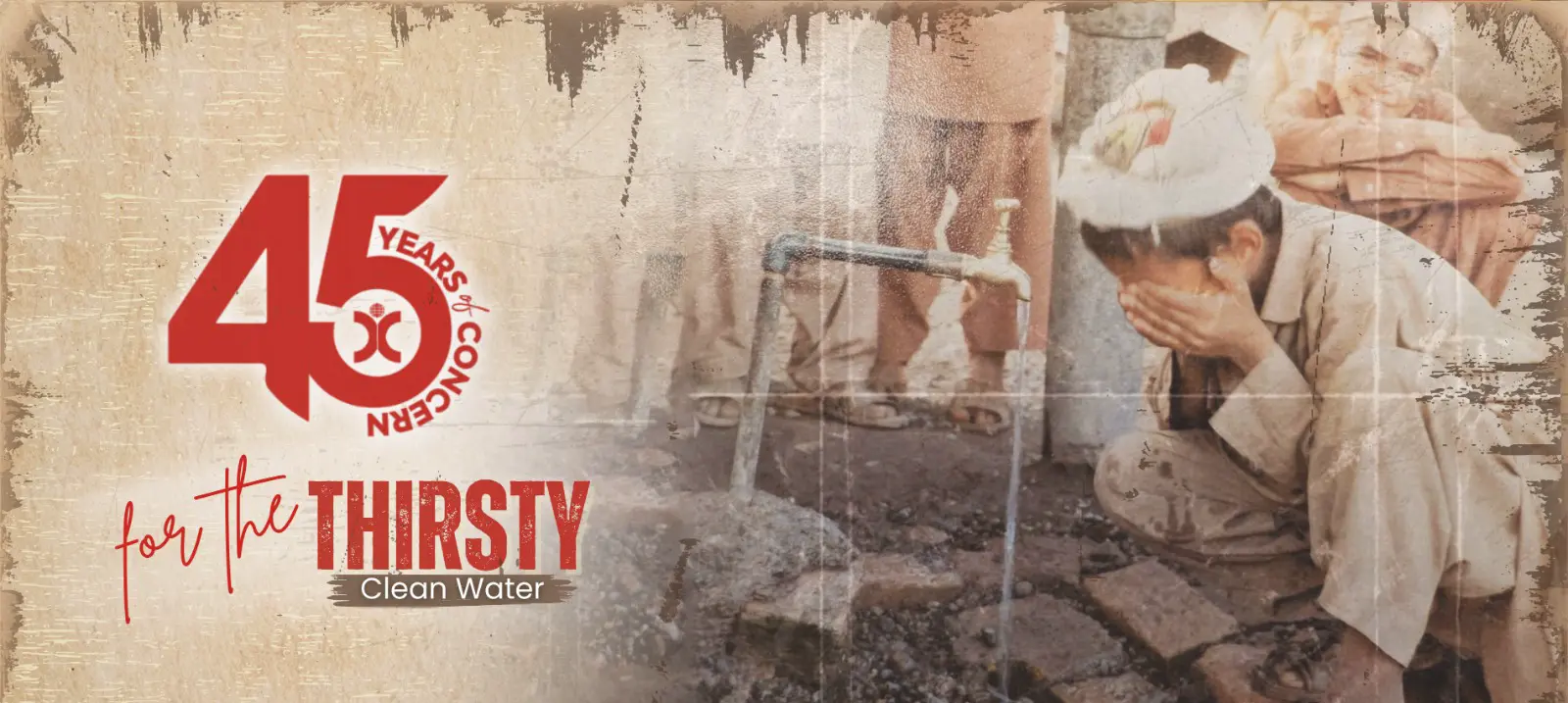
Provide families and communities with access to clean drinking water and latrines for sanitation
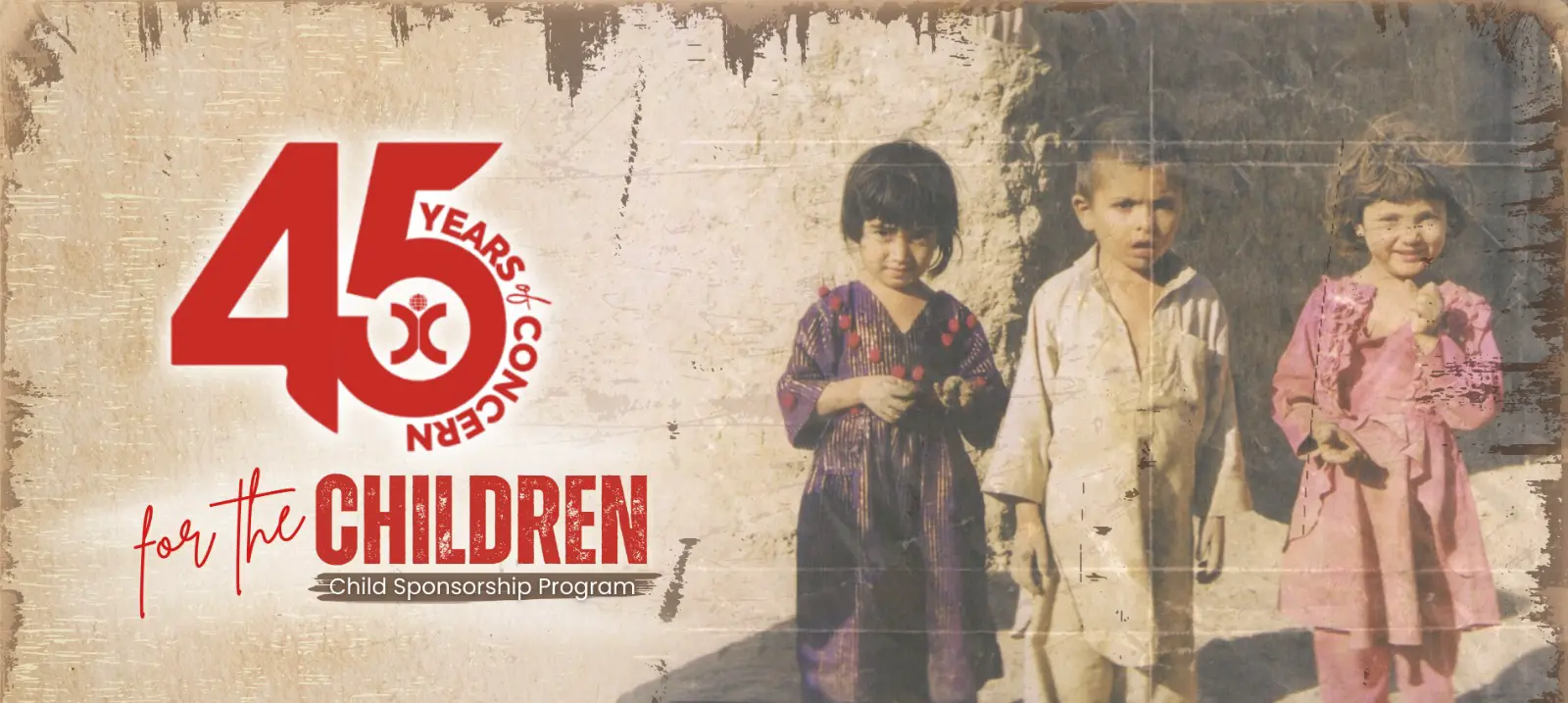
Orphans and children are the most vulnerable members of society in dire need of our support
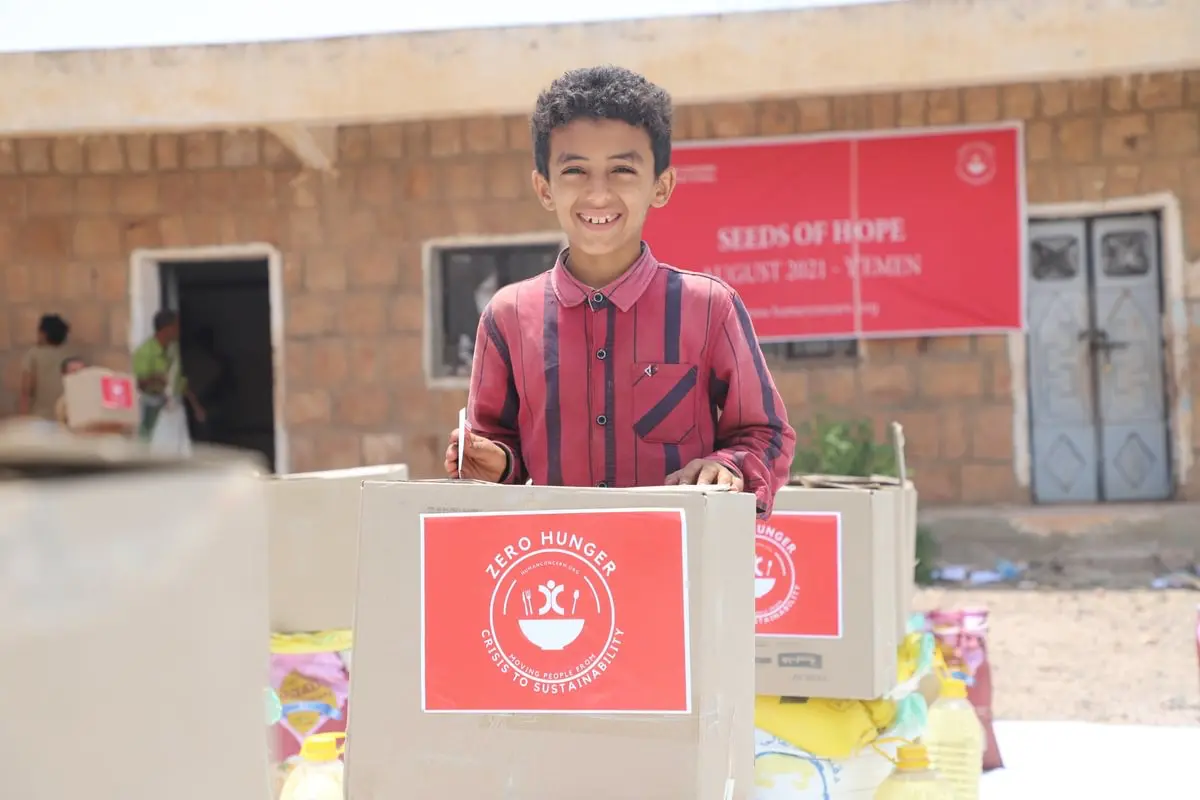
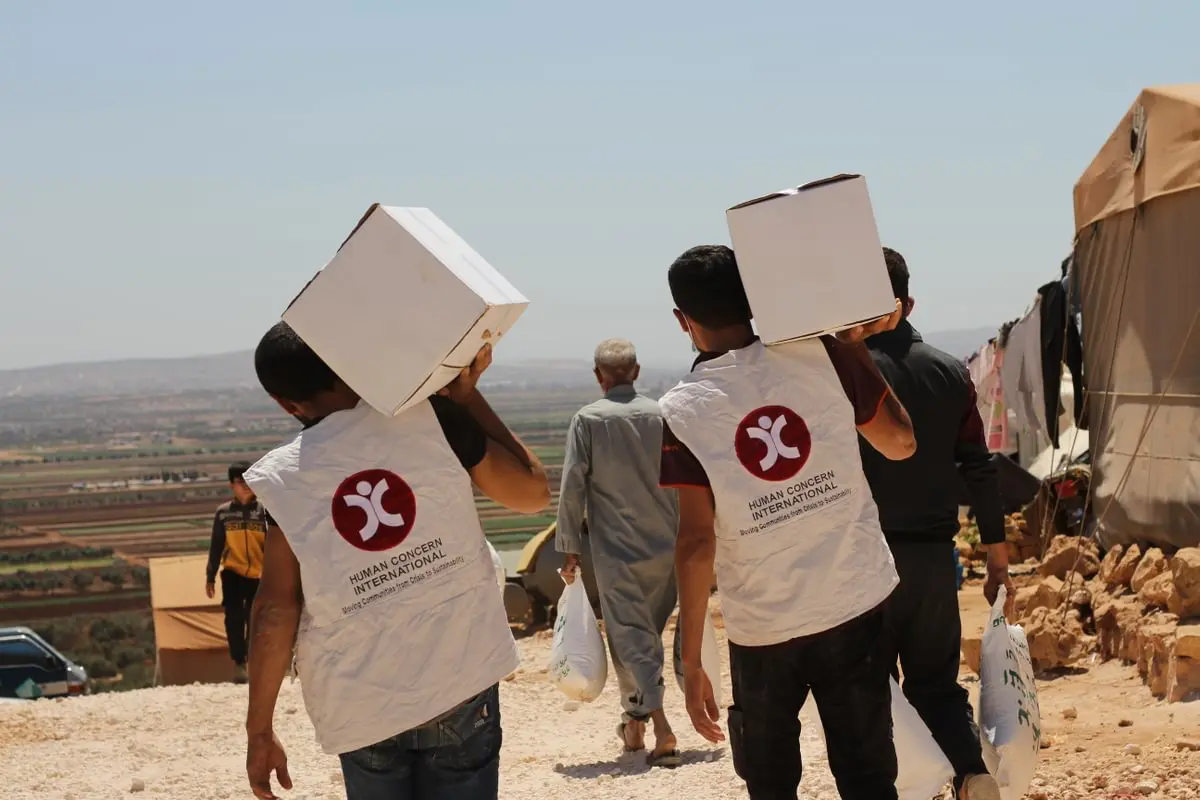
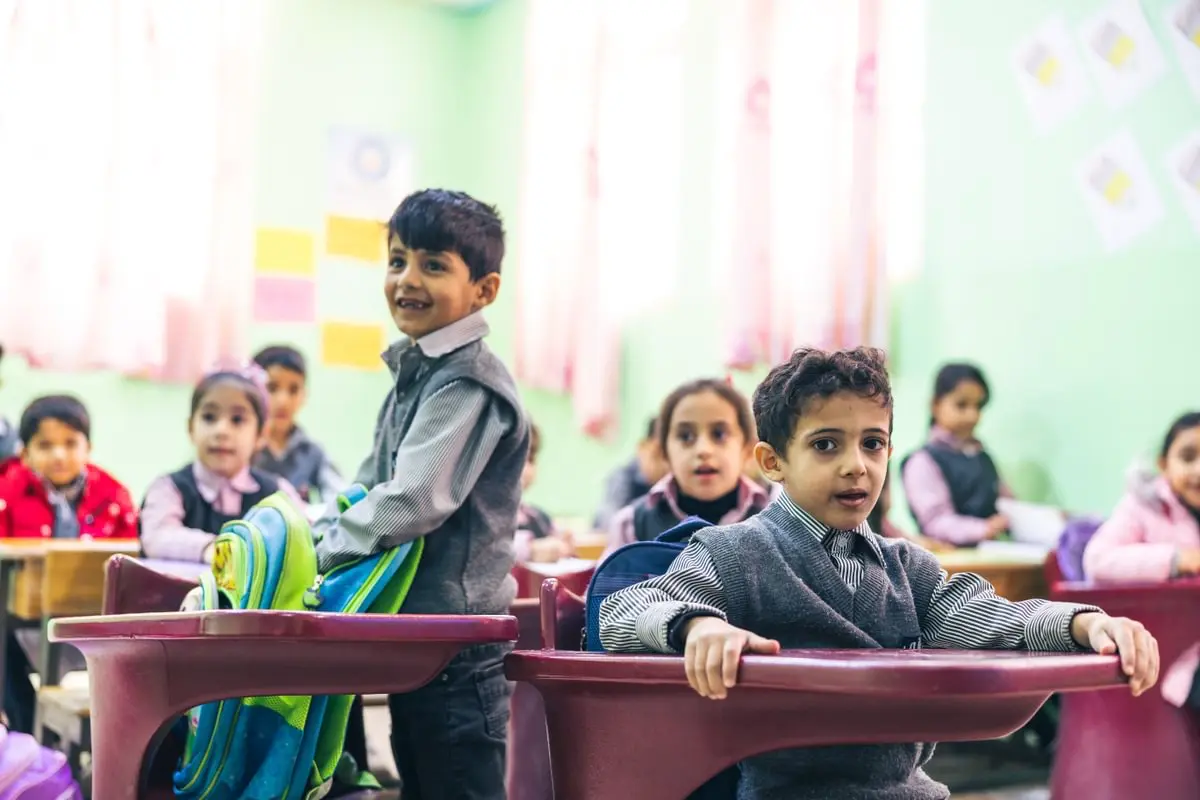
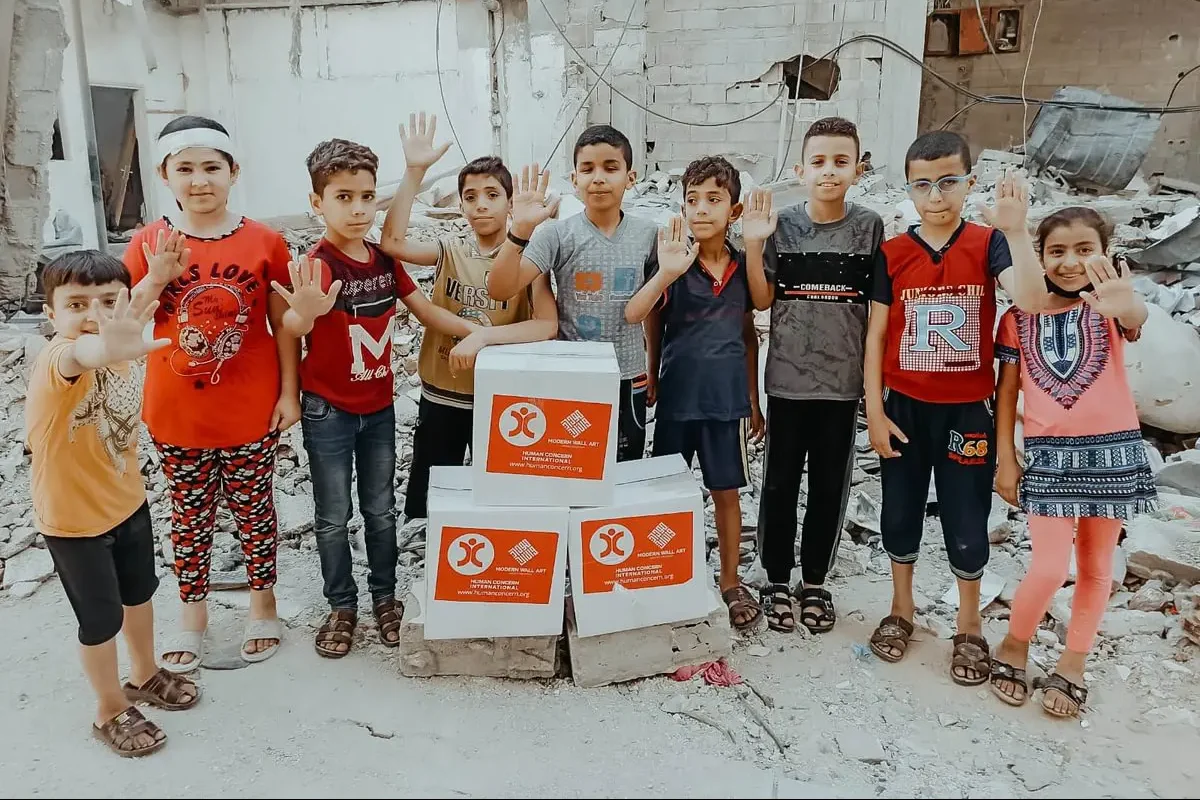
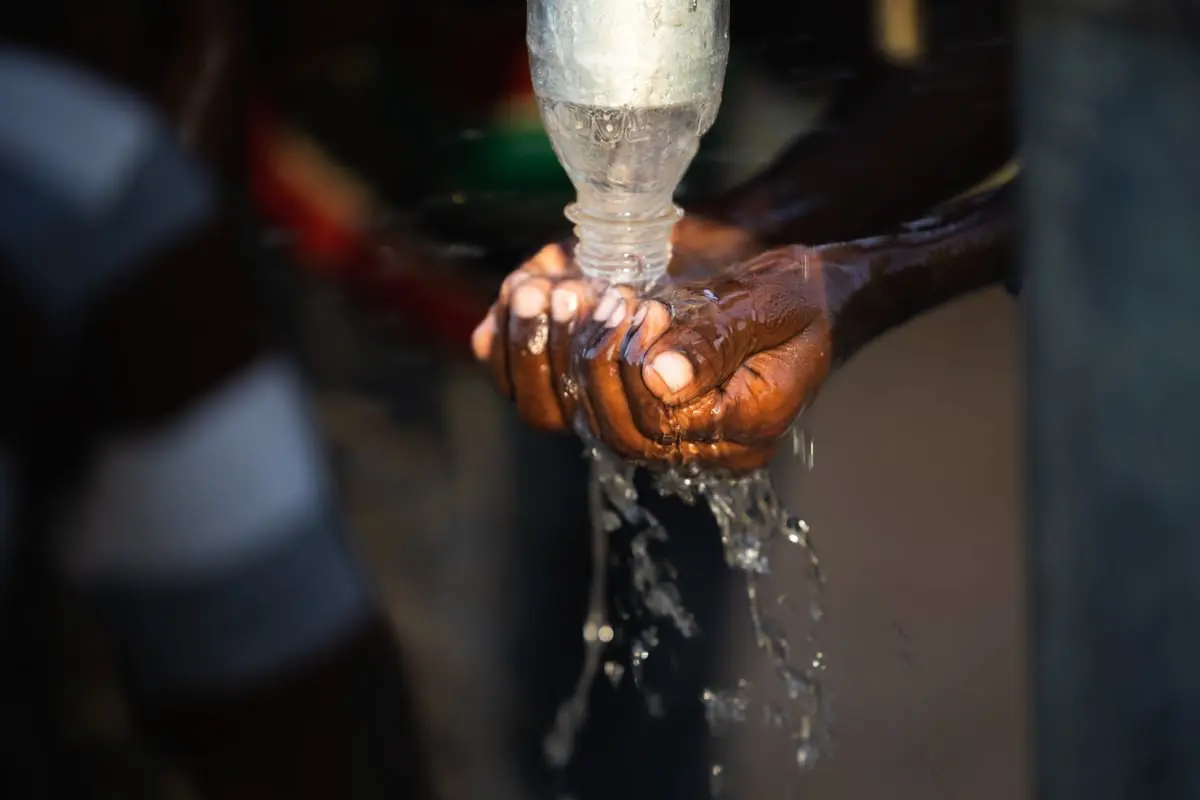
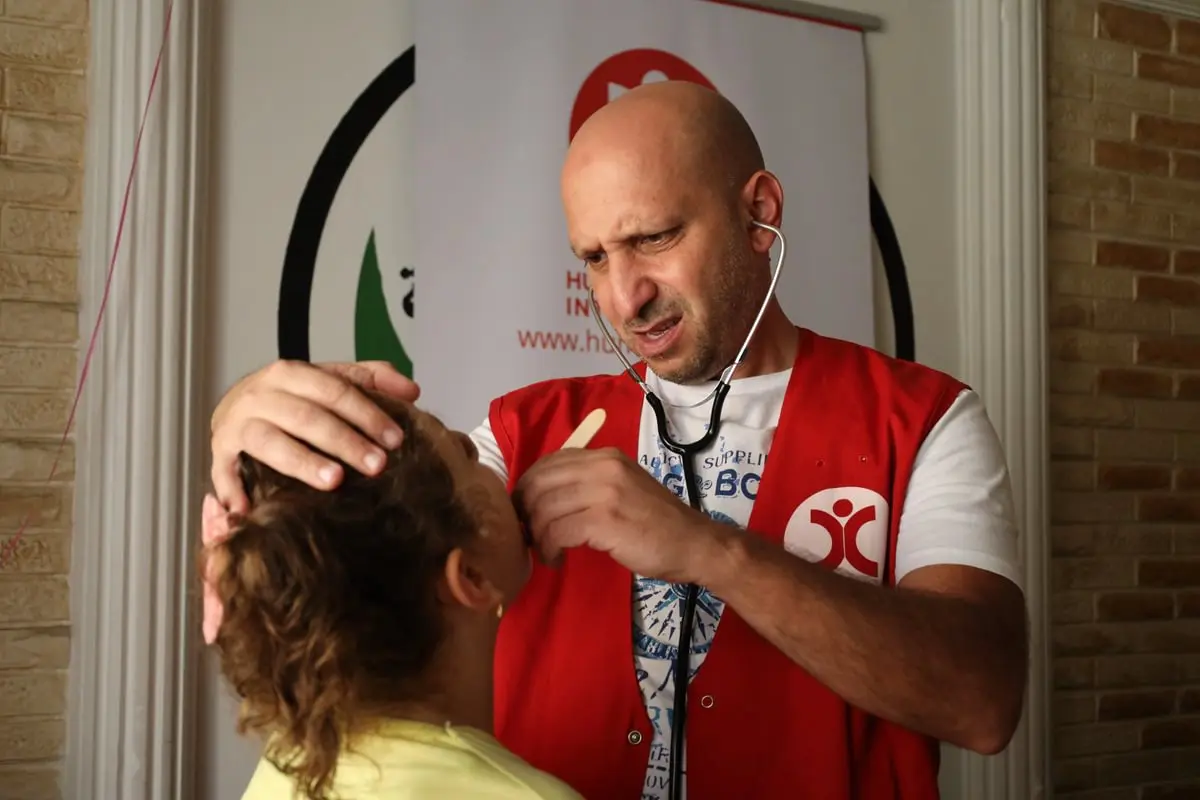
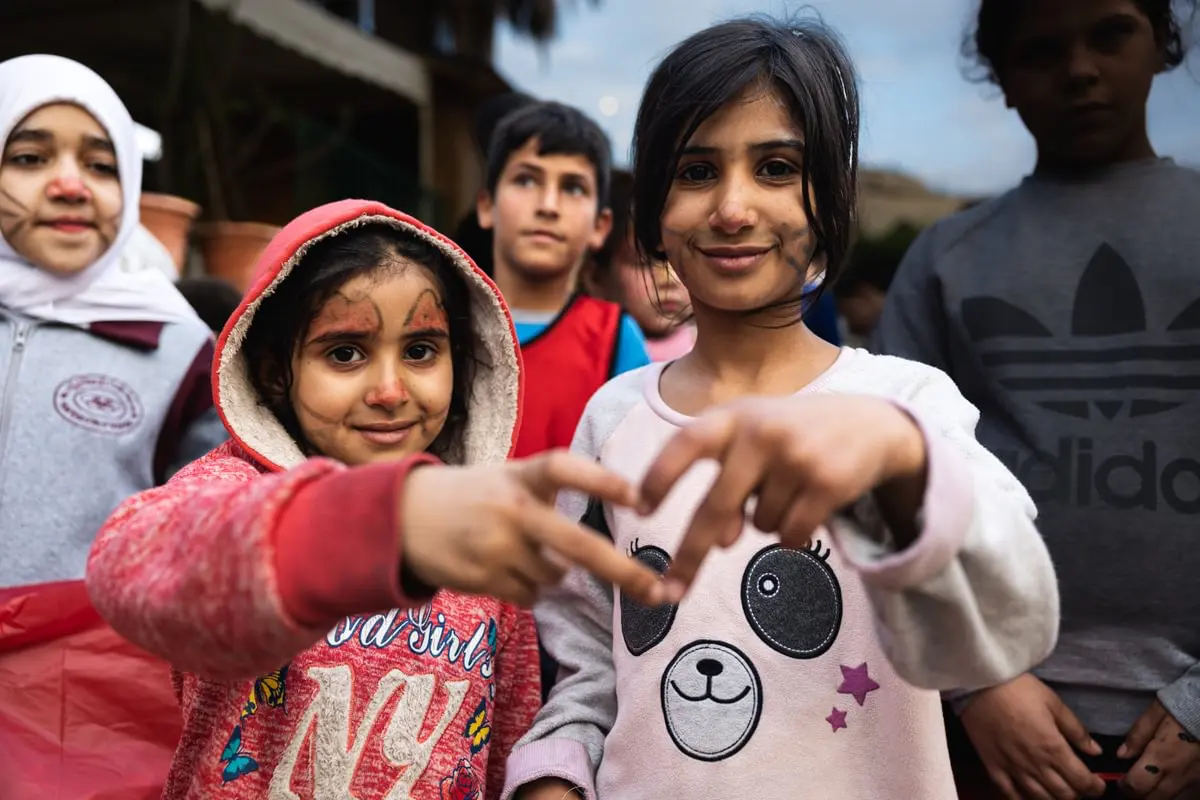
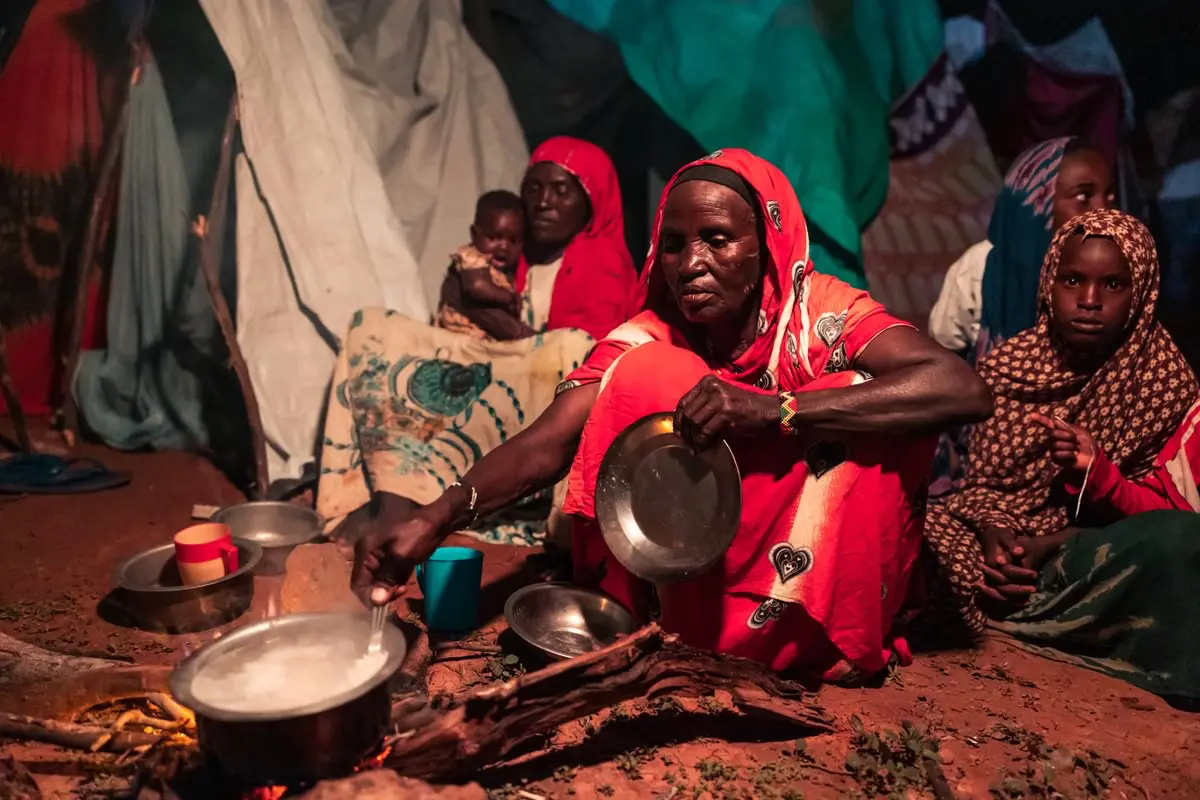
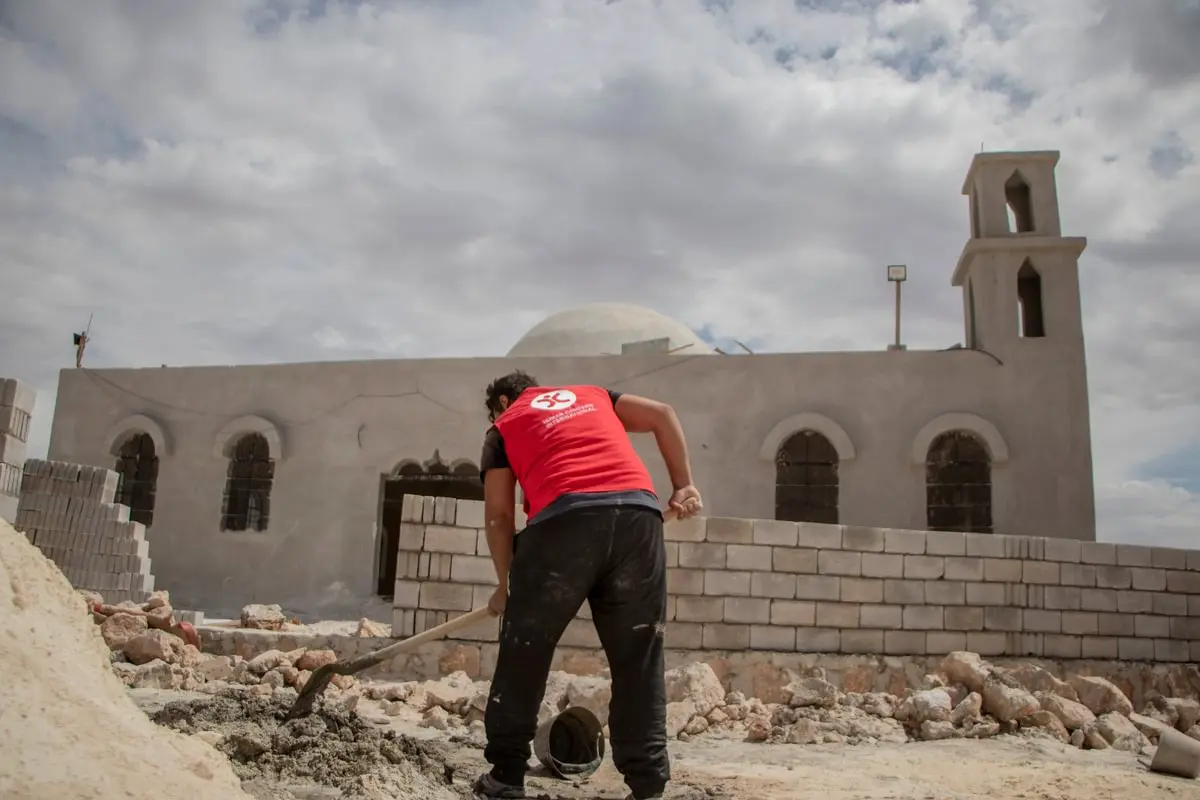
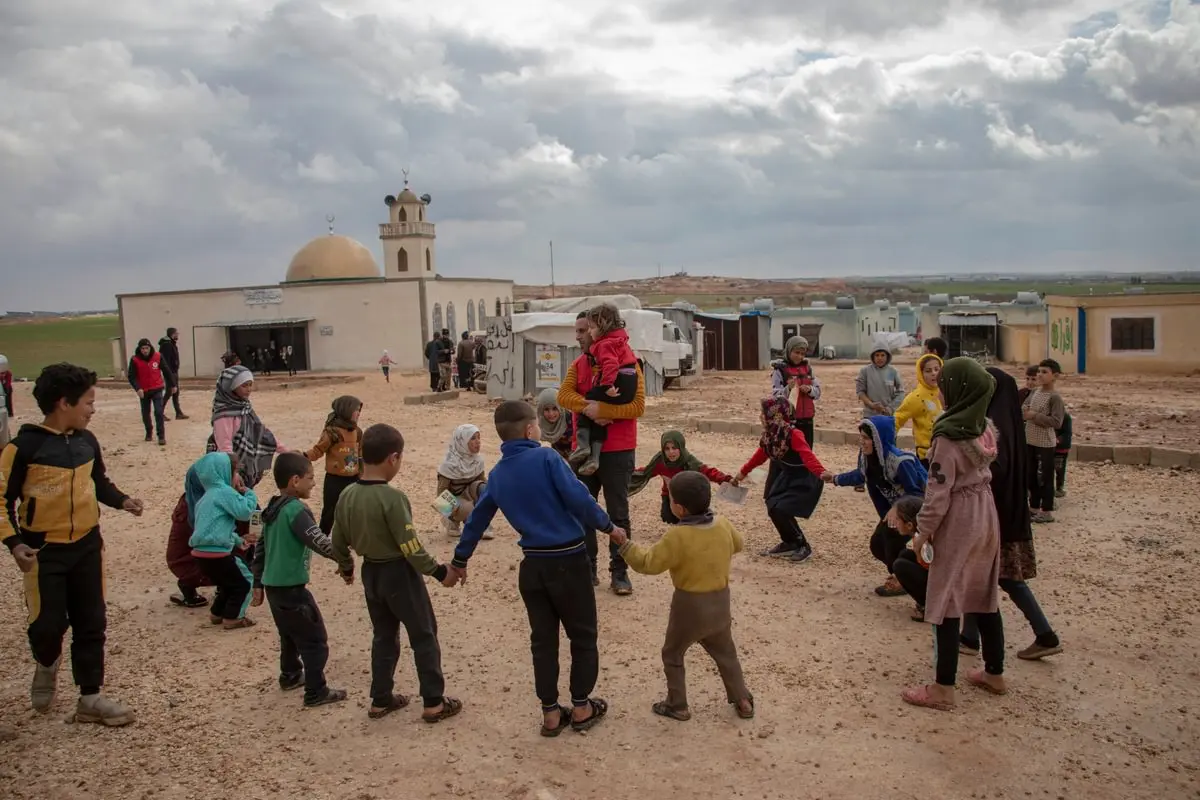
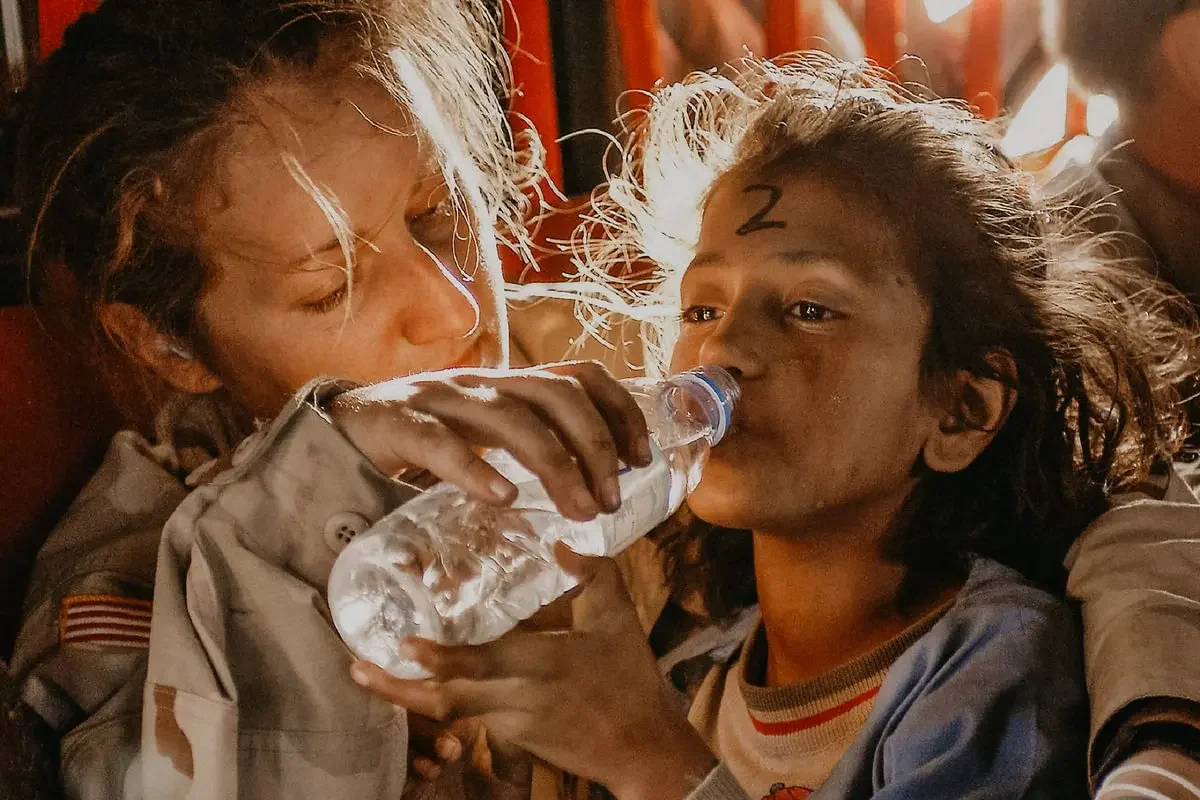
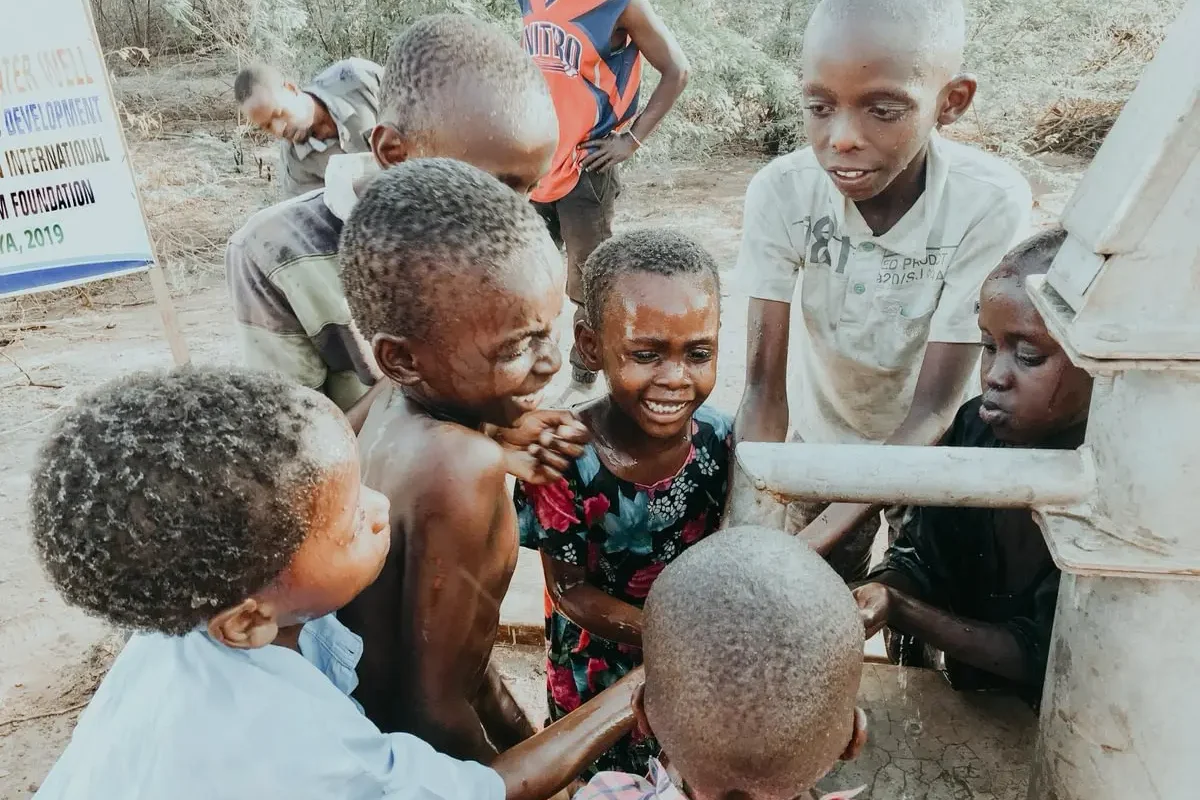
Human Concern International is the oldest Muslim relief organization in Canada, fighting poverty for over 45 years.
We are a registered charity with the CRA. Charitable Registration No. 107497125 RR 0001